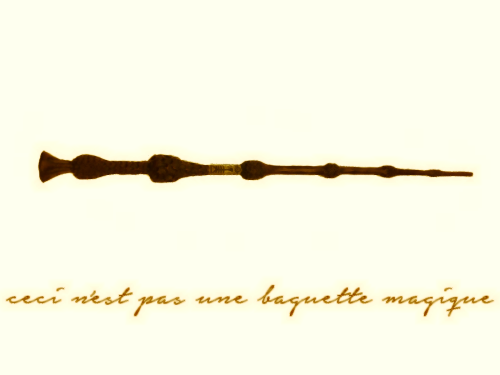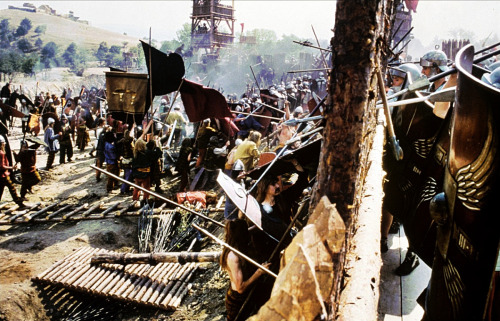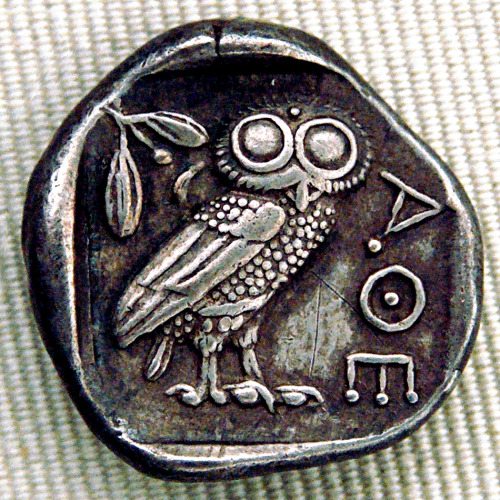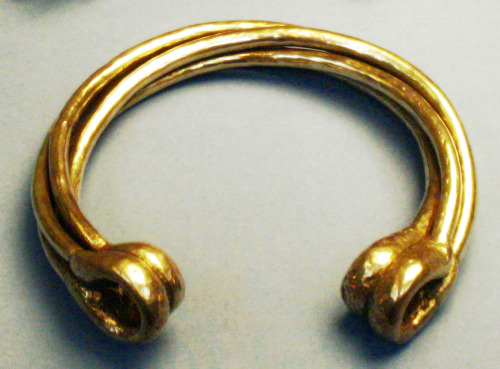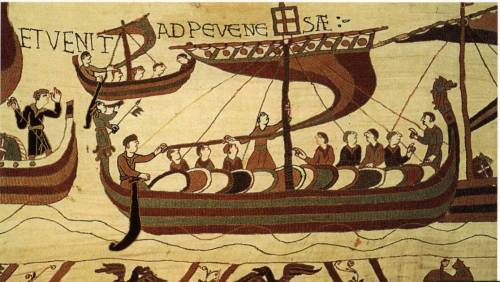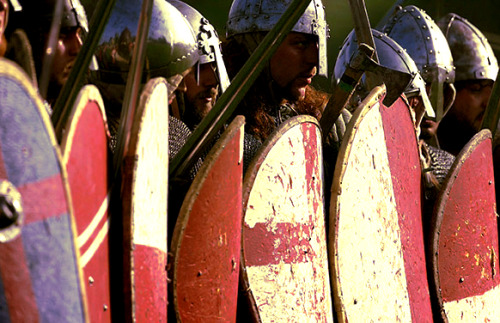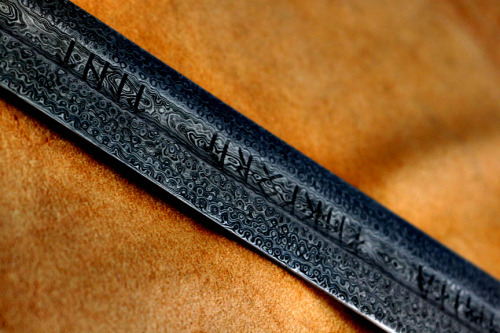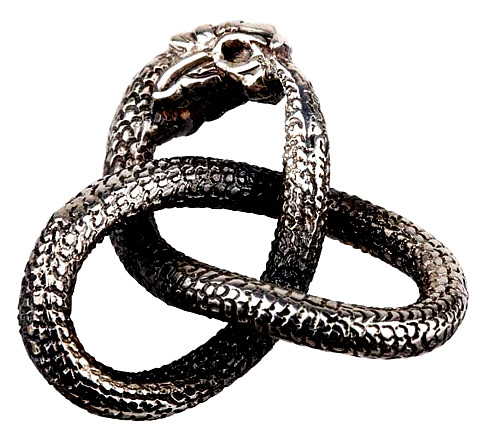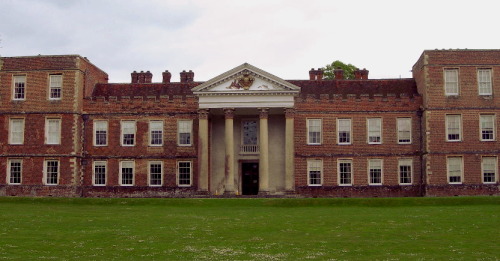#hp verse
This is not a wand.
It is the image of a wand.
It is also a symbol of power.
Sometimes it is a symbol of oppression.
But it could also be a symbol of hope.
The image itself has no meaning. Every bit of meaning you see in this picture depends on how you were raised to see it.
For a pureblood, the wand is who they are. Take away the wand and they are nothing.
For a half-blood, magic is power, the wand saves them from the complexities of liminality. Without their wands they can never truly have a place in this society they are born into, always wandering the strange border between mugglesociety and magical society - never quite fitting in.
For a muggleborn, the wand is the Other. The exotic stuff of fairytales, made real.
For muggles, this is pure myth. But even myths may have their purpose, when used to reinforce moral-political stances. Magical witches and crones are evil, good Christians rely on love or strength of arm to defeat these magical folk.
And for sentient magical creatures? The wand is nothing more than an arbitrary signifier of differences. A tool of oppression, denied to them and used to suppress and harness them.
This is not a wand. This is the image of a wand. How you understand it depends on where you were born and to whom you were born.
(R.I.P. Stuart Hall (3 February 1932 – 10 February 2014), cultural studies theorist and sociologist, without whom this blog may have never happened.)
Post link
The Sacred Twenty Eight: The Noble and Most Ancient House of Lestrange
Four heirlooms of the Strangers; powerful warlocks the muggle Gauls called sons of Toutatis. A death coin for enemies, a torc for luck, a sword for immunity and a dragon’s infinity knot.
There is little that the two branches of the Lestrange family agree upon - the longstanding disagreement between the French and the English line stems from a feud in the early 11th century which was never resolved satisfactorily. In fact, the only thing they do agree upon is their divinity. The Lestranges, unlike most venerable wizarding families, trace their descent to a wandering family of warlocks in Iron Age France whom the Gaulish tribes came to worship as protectors of the tribes and in time, war gods. (The other thing both lines of the Lestranges agreed upon was that blood was awfully nice and one could never have too much bloodshed.)
The feud between the two branches is a complex matter. It began in 1066 A.D. when the Lestrange patriarch died, leaving behind two sons and a tidy amount of gold, lands and peasants to be divided between them. His will was never found (destroyed, claimed each of the sundered lines of the Lestrange family) and the two were left to divide his wealth between them as they saw fit. It is here, in their telling of their history, that the stories of the English and the French Lestranges diverge and each side claims theirs was the truest, they were the most wronged.
The French Lestranges tell a story of greed and avarice. The younger, ambitious and hungry for a life far beyond his means, demanded he be given the lion’s share for he had plans that his elder brother lacked. His elder brother refused, quite rightly, but the younger was not content to let the matter lie. The younger Lestrange rallied a motley army of serfs,household knights and mercenaries to wage reckless war upon his elder brother. This proved to be his undoing for his brother held the stronger claim to the lands and wealth and the greater part of the family’s forces rallied to him. Thwarted, humiliated and bankrupted, the younger Lestrange - they claim - fled with his family on William’s ships to England with several priceless family heirlooms (stolen, not their own, ought to be returned), to escape the hand of justice which truly ought to have been their inheritance.
The English Lestranges tell a very different story altogether. In their tale, the elder Lestrange promised his brother the share of money their father would have wanted him to have. But when the time came to divide the wealth, the elder son turned his back on his brother and declared that this father would have never left the younger the share he demanded as his birthright - yea, would not have left his younger son any money at all if not for the tenderness of his heart. Greedy, the elder called him, irresponsible, frivolous, and so speaking, cast his brother out with nothing to his name.
Thus cheated of his inheritance, the English Lestranges claim the younger brother did what he could and attempted to rally the Lestrange fiefdom to his cause - failing only because they were niggardly cowards who lingered, tending their fields instead of fighting for him. Penniless and pursued by muggle bloodsuckers he fled with his family and came to England on William’s ships, with nothing but their clothes and some heirlooms which were theirs (not stolen, their own, made for them, owned by them). For their loyalty to William of Normandy and their prowess on the battlefield at Hastings, they were well rewarded and given a fiefdom of their own. This marked the beginning of the English line of the Lestranges.
The truth was such a complicated matter. Those who had looked into the matter, family biographers and the like, had ended up throwing their arms into the air in despair and given up - until finally they chose their sides by their proximity to each branch of the family. Those in France declared the French Lestranges wronged - the English dogs had stolen from them, ought to return the priceless goods stolen from them. In England, however, they sang a different tune: the frogs were penurious swindlers who had come by their just deserts when their brother had left, taking their most precious, most valued treasures, claiming it as his inheritance. Miserly swindlers who would cheat their brothers deserved as much.
As for the truth? Truth was cast to the wind - who knew what the actual truth was? History was, after all, nothing more than a set of lies those with power agreed upon.
Post link

